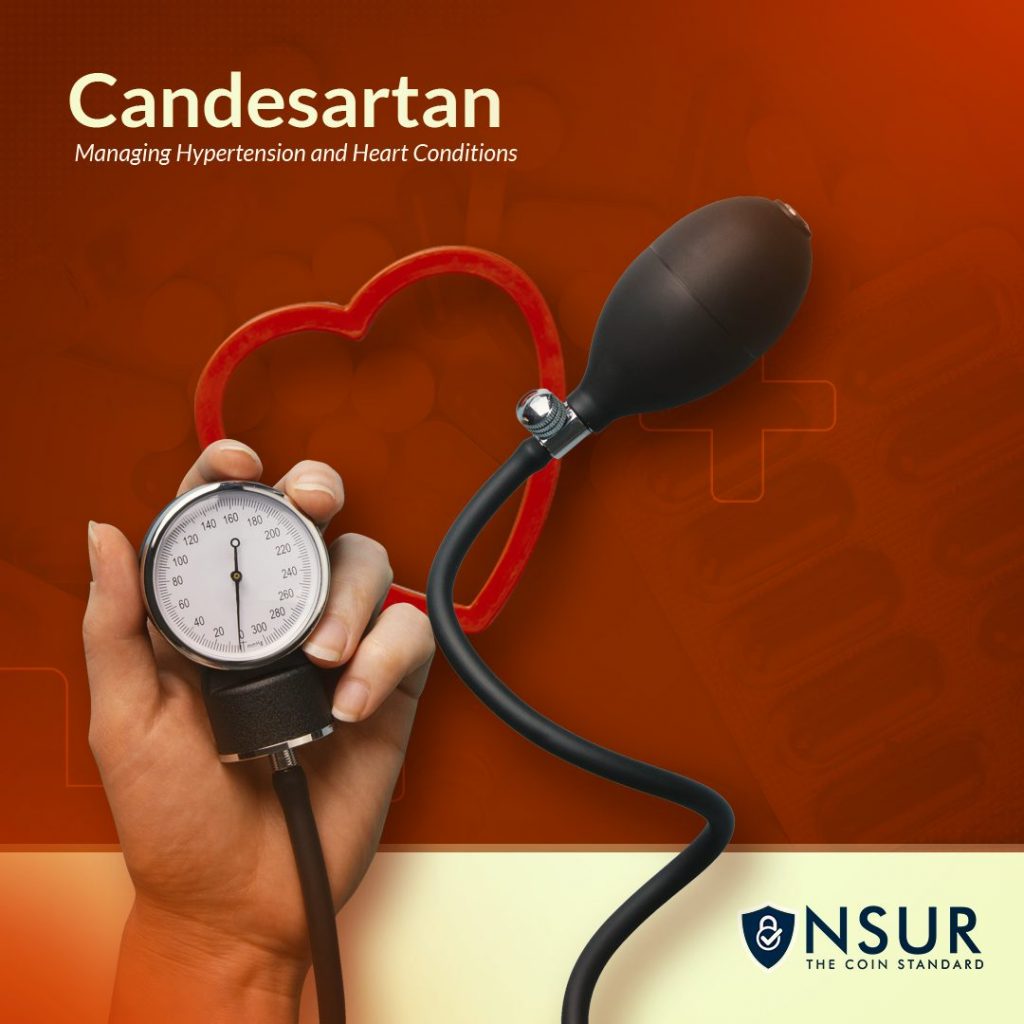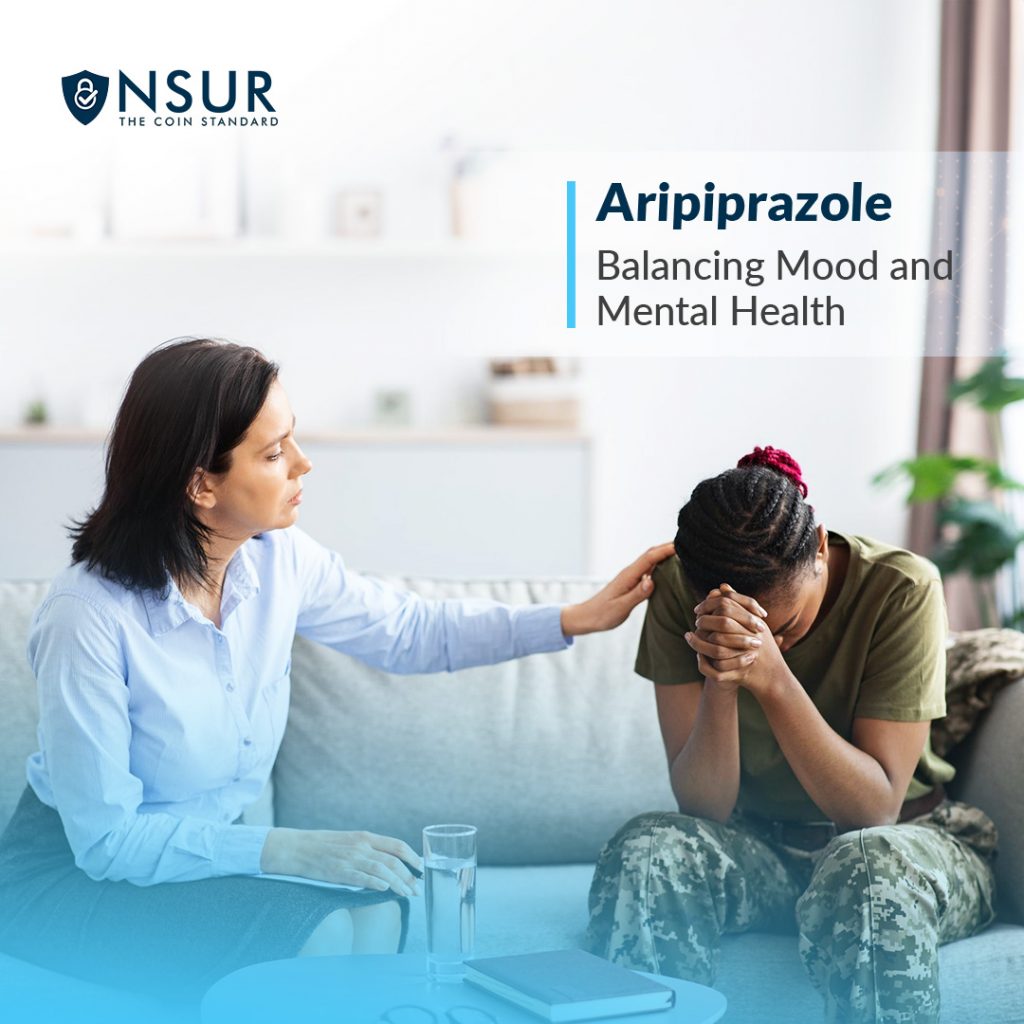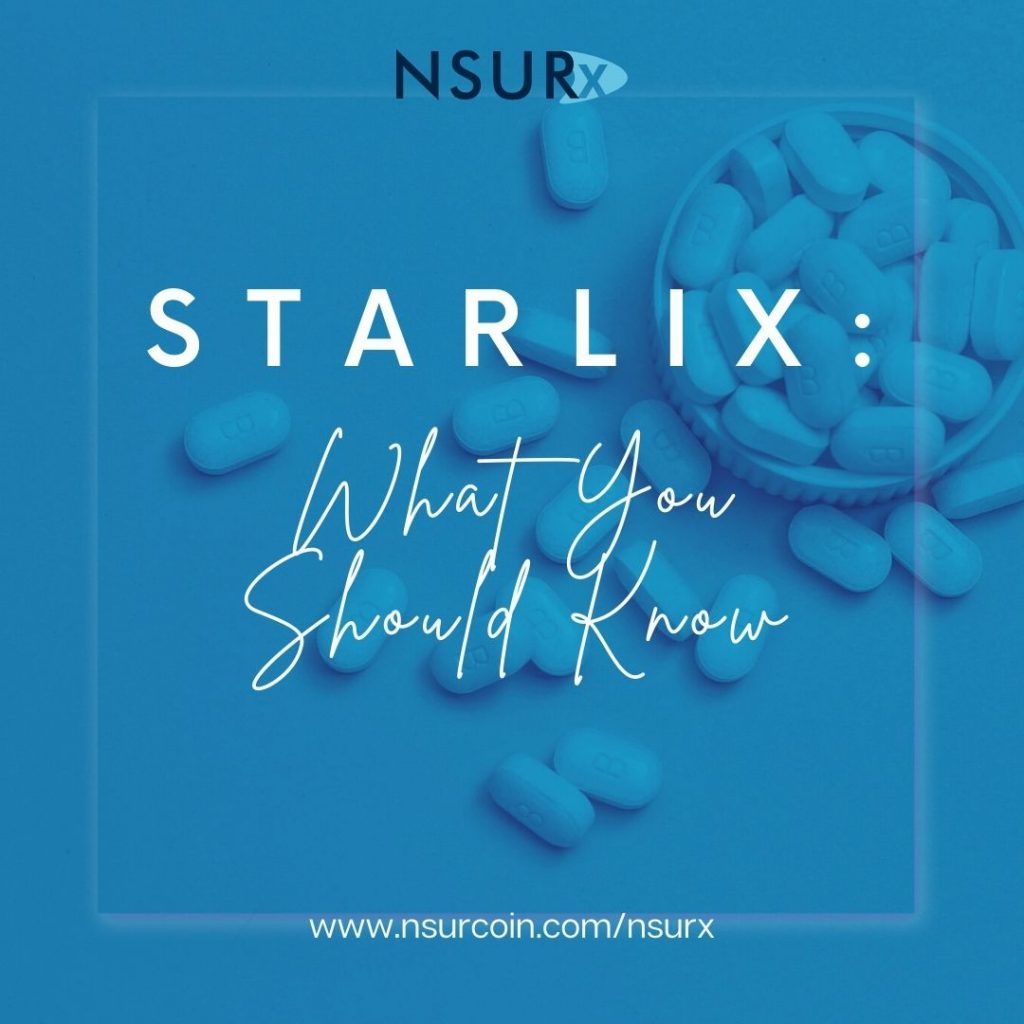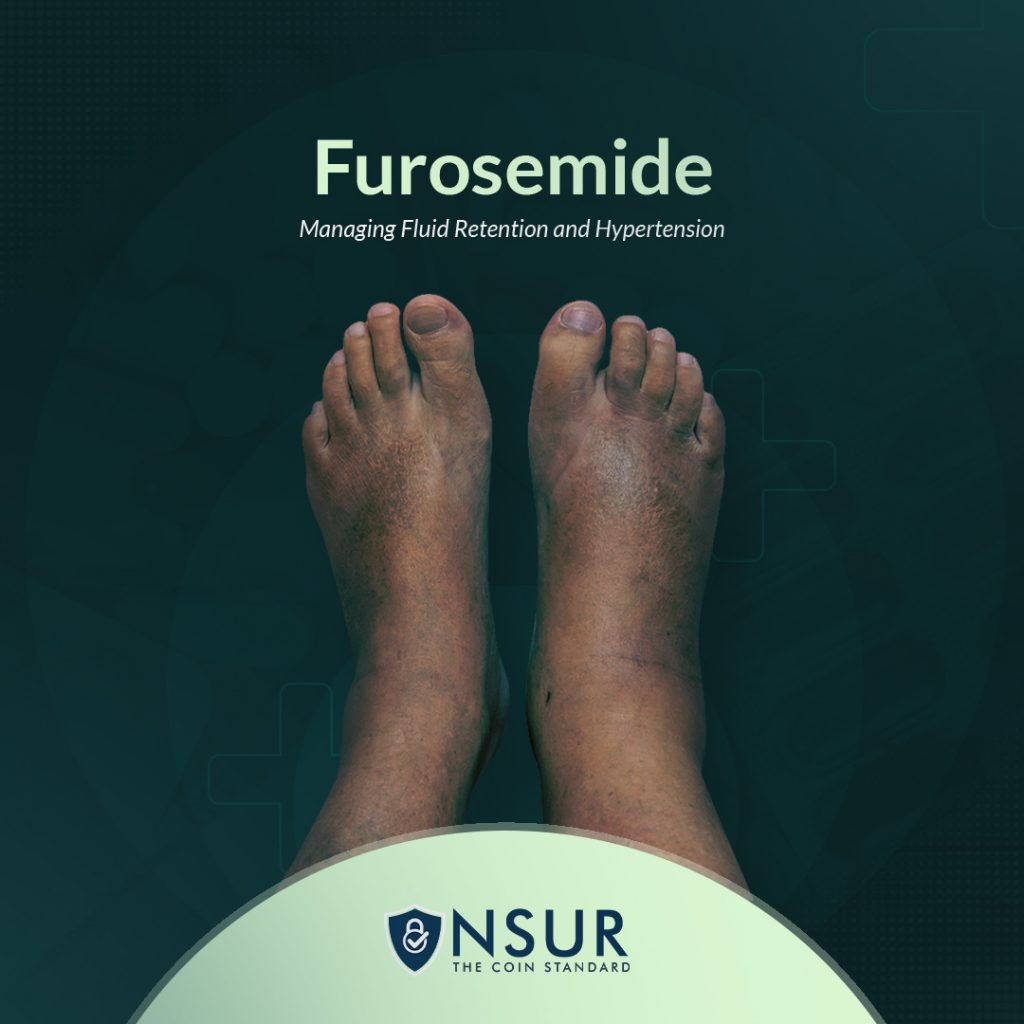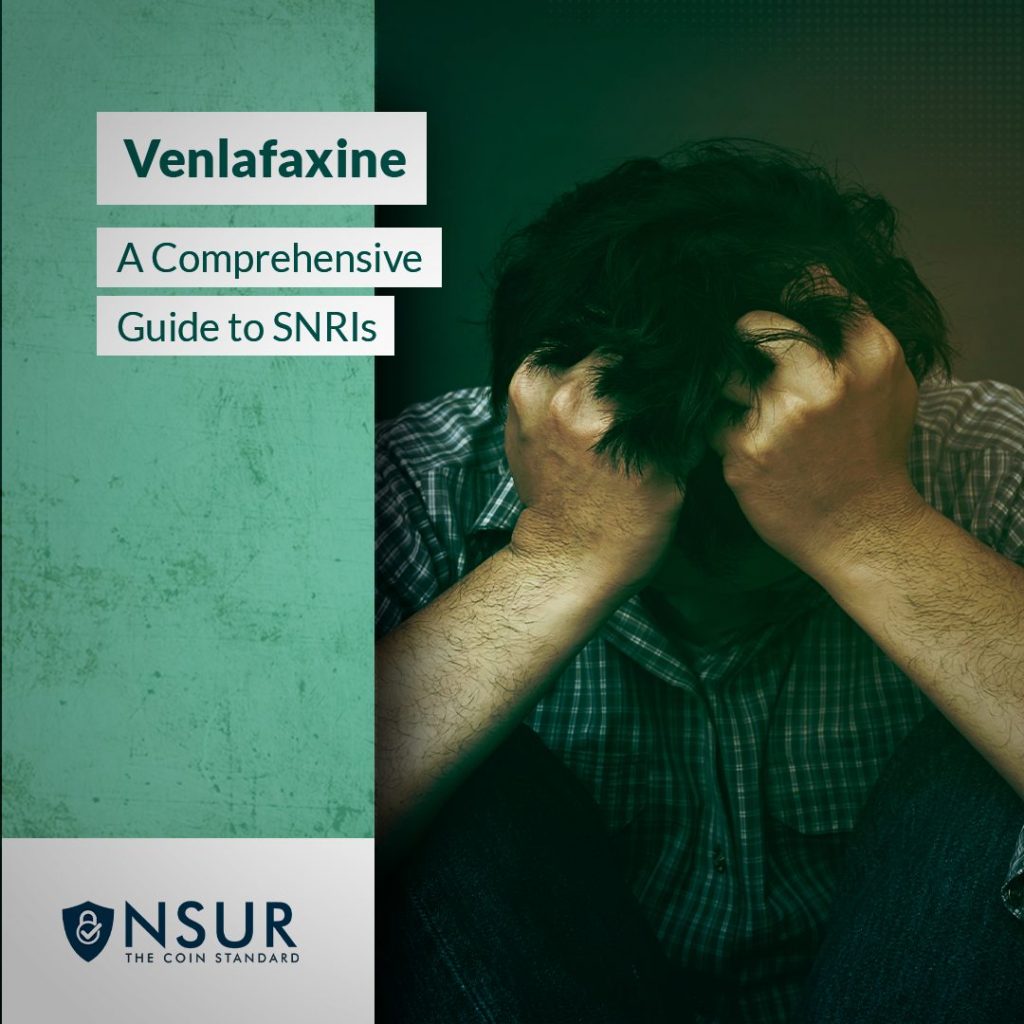
Introduction:
When it comes to managing depression and anxiety, the world of antidepressants can be a labyrinth of options and information. One significant player in this field is Venlafaxine, a member of the Serotonin-Norepinephrine Reuptake Inhibitors (SNRIs) family. This guide aims to shed light on how Venlafaxine works, its benefits, potential side effects, and its role in treating various mental health conditions.
Understanding Venlafaxine and SNRIs:
What Are SNRIs?
Serotonin-Norepinephrine Reuptake Inhibitors (SNRIs) are a class of antidepressants that work by increasing the levels of serotonin and norepinephrine, two neurotransmitters in the brain. These chemicals play a crucial role in mood regulation.
Venlafaxine at a Glance:
Venlafaxine, which is sold under the brand name Effexor among others, is an SNRI that is primarily used to treat major depressive disorder, generalized anxiety disorder, panic disorder, and social phobia.
How Venlafaxine Works:
Venlafaxine operates by inhibiting the reuptake of both serotonin and norepinephrine, thus increasing their availability in the brain. This increase helps to improve mood and alleviate symptoms of anxiety and depression.
Benefits of Venlafaxine:
- Effective for Major Depression: Clinical studies have found Venlafaxine to be effective in alleviating the symptoms of major depression.
- Anxiety Disorders: It is also beneficial for various anxiety disorders, including generalized anxiety disorder and panic disorder.
- Other Uses: Some off-label uses include treatment of neuropathic pain and the prevention of migraine headaches.
Side Effects and Considerations:
While Venlafaxine is effective, it comes with potential side effects. These may include:
- Nausea and vomiting
- Dizziness and headaches
- Insomnia or sleepiness
- Sexual dysfunction
- Increased blood pressure in some cases
Withdrawal:
It’s important to note that discontinuing Venlafaxine abruptly can lead to withdrawal symptoms. Hence, it should always be tapered off under medical supervision.
Comparing Venlafaxine to Other Antidepressants:
SNRIs vs. SSRIs:
The primary difference between SNRIs like Venlafaxine and SSRIs (Selective Serotonin Reuptake Inhibitors) is that SNRIs target both serotonin and norepinephrine, while SSRIs focus solely on serotonin. This can make SNRIs more effective for certain individuals.
Who Should Take Venlafaxine?
Venlafaxine is typically prescribed to adults with depression and anxiety disorders. However, it may not be suitable for everyone, particularly those with certain medical conditions or those who are pregnant. A healthcare provider can determine its suitability on a case-by-case basis.
Patient Experiences:
Many patients report significant improvements in their symptoms of depression and anxiety when taking Venlafaxine. However, experiences can vary greatly, and it’s crucial to have open communication with a healthcare provider to manage any side effects or concerns.
Take advantage of NSURx for your prescription drugs!
With the NSURx Prescription Benefit Card, you can save money on your medications at more than 35,000 pharmacies across the United States.
You can save up to 80% on your medication by using an NSURx card. Hundreds of dollars in savings could be yours every time you fill out your prescription.
The more you shop with NSURx, the more NSUR Coins you will receive as a reward.
Conclusion:
Venlafaxine, as part of the SNRI family, offers hope and relief for many struggling with depression and anxiety. While its effectiveness is notable, being aware of potential side effects and the need for proper medical guidance is essential. As with any medication, it’s a journey of finding what works best for the individual, under the careful supervision of healthcare professionals.
Disclaimer
This blog post is intended for informational purposes only and should not be considered a substitute for professional medical advice. Always consult with a qualified healthcare provider for personalized recommendations and guidance.

